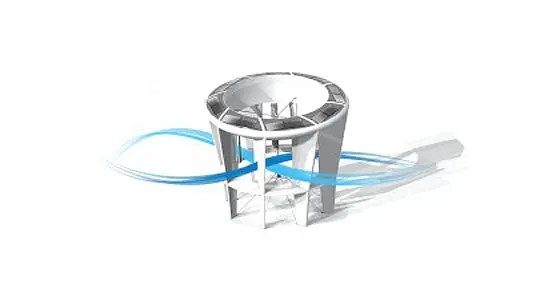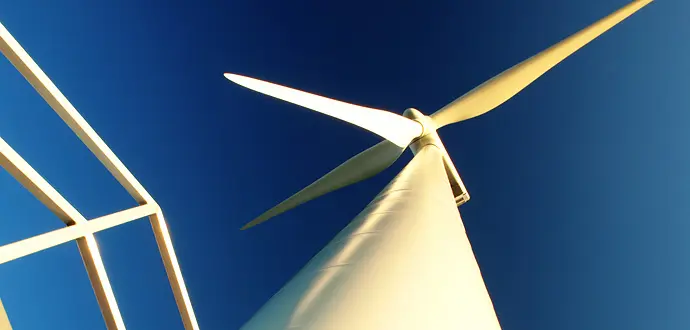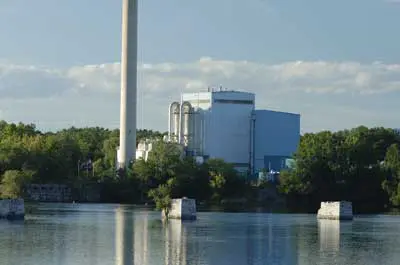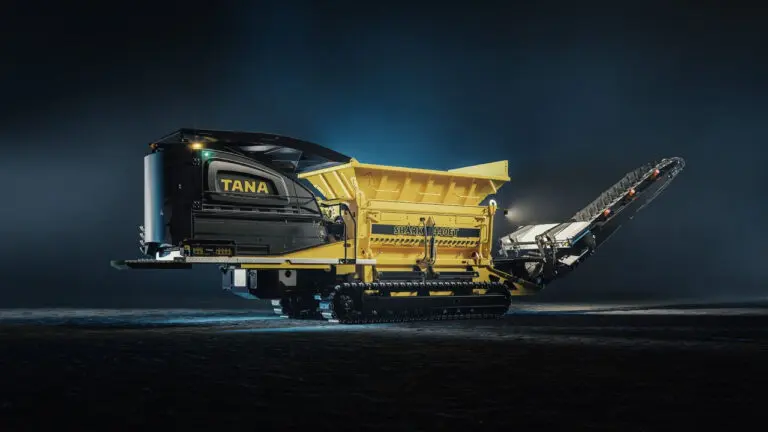Niagara Falls, New York based JBI, (OTCQB: JBII), which specialises in recycling waste plastics into liquid fuels has finished assembly of its third Plastic2Oil (P2O) processor.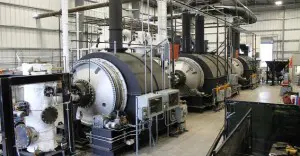
According to the company the designs behind the third processor have undergone significant upgrades since the previous generation processors, including the addition of a real-time residue removal process.
JBI said that it anticipates that this will increase processor uptime, as measured by the amount of time the processor is at full capacity producing fuel.
The company added that all of the individual subsystems, including burners, kilns, towers, off gas, cooling and flue gas systems have been tested and are operational.
The processor is now undergoing initial plastic feeding, fuel production and process debugging, which JBI said will address any initial problems and any parts that may potentially fail under the full heat of the process and plastic loads.
“Hands down, we believe that this processor will be recognized as the world’s most technologically advanced and efficient piece of machinery in the emerging plastic to oil market,” asserted John Bordynuik, chief of technology and the company’s founder.
“We have addressed the residue removal challenge head on with the addition of the continuous removal system. In addition to the towers being larger than those of the previous generation processors, we have also used operational data from previous generation processors to make a significant number of upgrades to the rest of this processor,” he added.
Production & revenue
According to the company’s president and chief executive officer, Tony Bogolin the new processor should significantly improve production volumes and stability, and be a stabilising force to help fuel the company’s growth.
“We expect that this processor’s operation will translate directly into increased revenues, improved margins and ongoing growth,” explained Bogolin.
Between 2011 and the end of March this year, JBI said that it has processed approximately 2.8 million pounds (1270 tonnes) of plastic and produced approximately 482,000 gallons (1.8 million litres) of in-spec end user fuels, including diesel, fuel oil #6 and naphtha.
Source: Waste Management World



